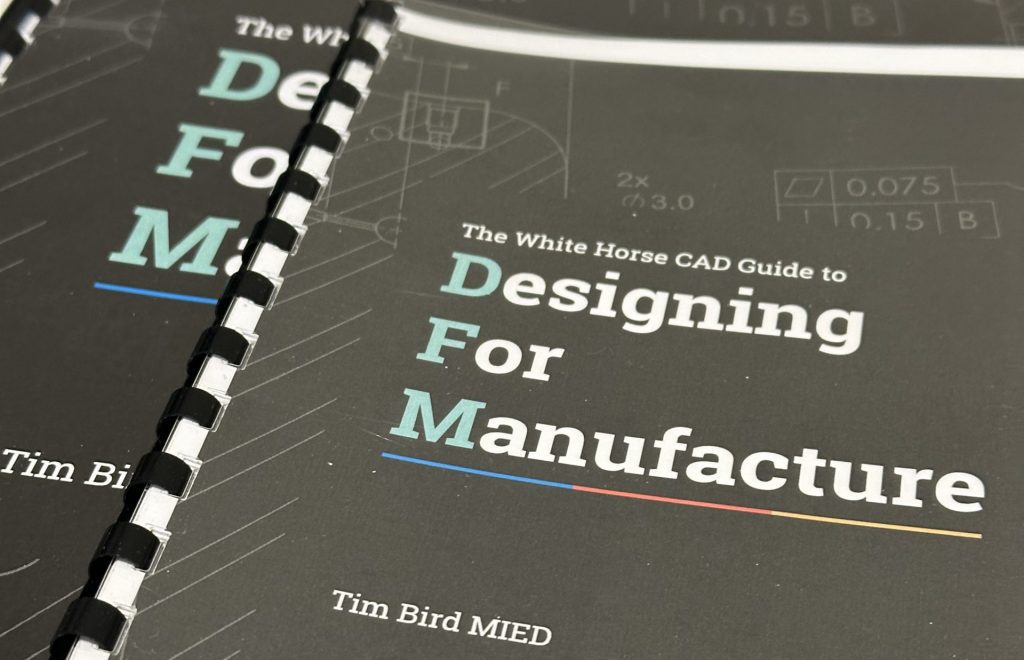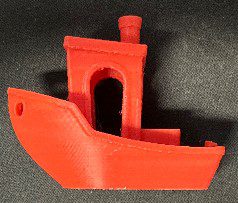
Well-designed products are not only functional and aesthetically pleasing but also manufacturable within reasonable constraints. Understanding manufacturing processes is essential when designing products because it directly impacts feasibility, cost, quality, and efficiency.
Understanding manufacturing methods helps designers select the right materials and production methods. Different manufacturing processes, such as injection molding, CNC machining, and casting, have distinct advantages and limitations. For example, injection molding is ideal for making high-volume plastic components. Whilst CNC machining offers much higher precision and repeatability for metal and plastic parts. Designers who consider manufacturing early in the process can create well-designed products and cost-effective design solutions that balance quality and affordability.
Understanding manufacturing processes and their limitations can significantly impact part cost. Engineers who understand a wide selection of manufacturing techniques can optimise designs for strength, reliability, and ease of assembly, which will all reduce the overall cost of the part. Sometimes, the best thing a design engineer can do is take the time to talk to a manufacturer about the problems they are trying to solve. It is better to get the manufacturers on your side and create a design solution that works for everyone than to design a product that will be difficult or impossible for them to make

In conclusion, knowledge of manufacturing processes is critical for designers to create cost-effective, high-quality products. Designers who integrate manufacturing principles into their design process create well-designed products that are cost-effective to manufacture. This, in turn, reduces production challenges, enhances product performance, and maintains a competitive edge.
If you’re hungry for more information, please contact us
or Find us on LinkedIn



You must be logged in to post a comment.